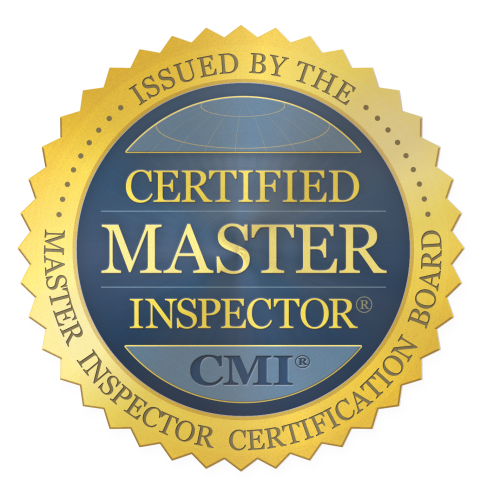Home Inspection
Home Inspectors and Codes - 1 of 4
This is the first of a few posts regarding home inspections and codes. Stay tuned!
Building codes have been around for a long time. Sometime in the 1700’s BC, in Babylonia, Hammurabi’s Code stipulated that a builder be slain if he built a house that fell on and killed somebody. During the Dark Ages, London planners tried to reduce fires by stipulating a fire stop between row houses. And in 1791, Mr. Washington put forth legislation for the first United States building code.
There are many codes in the United States – national, state, county and local. There are approximately 40,000 enforcement jurisdictions that have adopted various codes and have modified them for local needs. They have published many of these codes, regulating everything from electrical, building, plumbing, mechanical, housing, maintenance, fire, safety, landscaping – you name it.
Do you think home inspectors know all the codes? Think carefully.
Personally, I do inspections in 19 different enforcement jurisdictions, from counties to local incorporated cities. They each have different codes, which for each jurisdiction could fill books that stuff an entire book shelf. Do you think I know all the codes in each enforcement jurisdiction? Think carefully.
There are literally hundreds of thousands of codes in each jurisdiction. Anyone who knows them all would be, well, amazing. And they all change regularly! When a home inspector looks at a 45 year old house, with improvements and modifications made at different times, there is no way to know when things were done and what the codes were at that time.
Home inspectors have no code enforcement authority. They usually do not report code deficiencies to enforcement authorities. I have called a couple of county inspectors I know to report some really egregious things, and they have actually come to the site and condemned the finding, but in my 27 years that has been rare.
Home inspectors are not the so-called Authority Having Jurisdiction (AHJ) when hired to do an inspection. Therefore, they cannot “find” violations of codes as a deficiency is ONLY a violation when the AHJ says that it is. Further, few of these code deficiencies are likely to be noted on a report as such. Safety and pocket book issues are likely to be noted – but NOT as code violations.
Home inspectors often interpret houses based on existing codes. They do this because the codes reflect wisdom and basic performance. Codes are minimum requirements! They are a “floor” and a baseline, not a “ceiling.” They can be exceeded and many builders do! I will say this:
Good old Mother Nature will enforce the natural principles which inspire a code regardless of whether it has been obeyed or enforced.
Coming up: Does your inspector know? How home buyers can go about repairs. And, help for new home buyers. Finally, a summary of things to remember…
